Outlet Böker Plus Me 109 Damast
$438.90 $85.00
The Messerschmitt Bf 109 Was Built From 1935 Onwards And, With A Production Of Around 33,000 Aircraft, Is The Most Widel…
The Messerschmitt Bf 109 Was Built From 1935 Onwards And, With A Production Of Around 33,000 Aircraft, Is The Most Widely Produced Fighter Aircraft In The History Of Aviation. Officially, The Type Designation Bf 109 Was Never Changed, Even After Bfw Was Renamed Messerschmitt Ag. However, Since All Aircraft Types Later Developed By Messerschmitt Were Given The Model Abbreviation Me, The Name Me 109 Also Became Established In The Public Consciousness For The Bf 109. In The 1930S, It Marked The Step Towards A New Generation Of Low-Wing Fighter Aircraft With A Closed Pilot’S Cockpit, Retractable Landing Gear And An All-Metal Construction Of Wings And Fuselage. This New Structure Withstood Far Greater Loads Than The Fabric-Covered Tubular Constructions That Had Been Common Up To Then, Which Also Had The Disadvantage Of Immense Air Resistance Due To The Necessary Transverse Bracing. As A Result, The Messerschmitt’S More Compact And Stable Design Allowed Higher Speeds With Tighter Radii During The Cornering And Dive Manoeuvres So Crucial To Fighter Pilots. The Bf 109 Was Armed With Two 20 Mm Mg Ff Machine Guns In The Wings And Two 7.92 Mm Mg 17 Machine Guns. The Latter Were Mounted Directly In Front Of The Pilot And Coupled Via An Interrupter Gear To The Propeller Shaft Of The 1,000 Hp Daimler V12 Engine. In This Way It Was Possible For The Mgs To Fire Through The Circular Path Of The Spinning Propeller Without The Projectiles Hitting The Rotating Propeller Blades. The Mgs Were Thus Very Close To The Pilot’S Line Of Sight. The Pilot’S Seat Was Steel-Plated Inside The Fuselage Area To Protect It From Enemy Fire.
The Steel We Were Able To Obtain For Our Damascus Project Came From An E-Series Messerschmitt Bf 109 That Was Shot Down By A Royal Airforce Supermarine Spitfire In 1940 During The Battle Of Britain Near The Village Of Ashford In The British County Of Kent. The Specific Parts Are The Rear Plate Of The Pilot’S Steel-Plated Seat And The Bearing Sleeve Of The Propeller Shaft. These Are Forged By Chad Nichols Into A High-Carbon, High-Cut 80-Layer Damascus.
The Boker Plus Me 109 Damascus Picks Up Numerous Design Elements Of The Legendary Messerschmitt. The Opening At The Back Of The Blade Base Has The Unmistakable Shape Of The Pilot’S Cockpit And Is Visible When The Knife Is Closed And Open. The Folds In The Sheet Metal Of The Engine Cowling As Recesses For The Barrel Soul Axles Of The Two Mg 17S Form The Template For The Schor At The Tip Of The Blade. The Flipper Indicates A Wheel Of The Retractable Landing Gear. For The Front Carbon Fibre Shell, The Material Toxic Storm From The Manufacturer Fatcarbon Materials Was Chosen In The Colours Green, Black And Yellow. The Colour Scheme Is Based On The Characteristic Camouflage Paint Of The Bf 109 With Greenish-Grey Undercoat And Yellow Front Fuselage. The Opposite Side Has A Titanium Framelock With An Elaborately Integrated Carbide Contact Surface. A Beautifully Designed And Elaborately Integrated Clip Allows The Boker Plus Me 109 To Be Worn Tip-Up On The Right. Supplied With A High-Quality Case For Storage And A Certificate Of Authenticity.
Be the first to review “Outlet Böker Plus Me 109 Damast” Cancel reply
Related products
Keychain Tools
Merchandise
Keychain Tools
Care & Maintenance

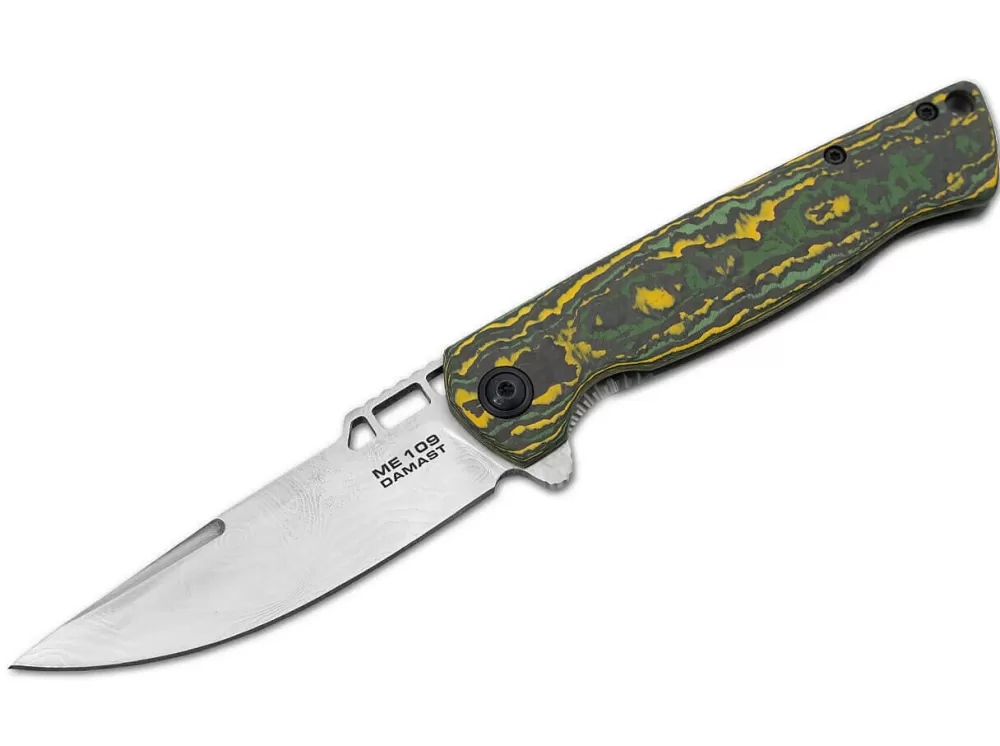
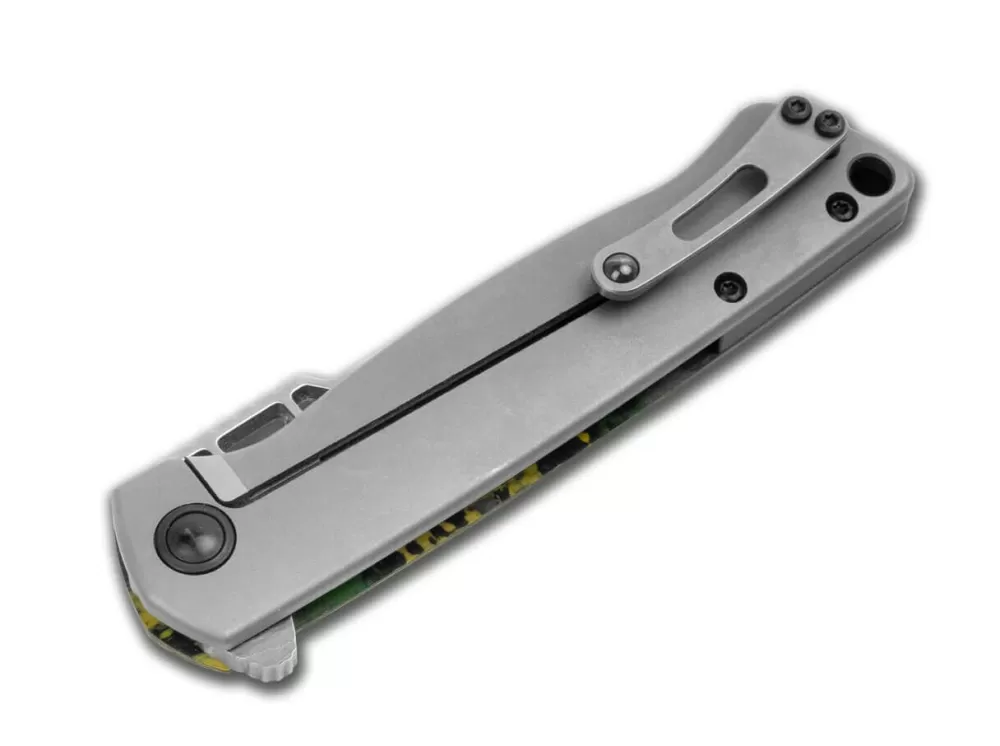
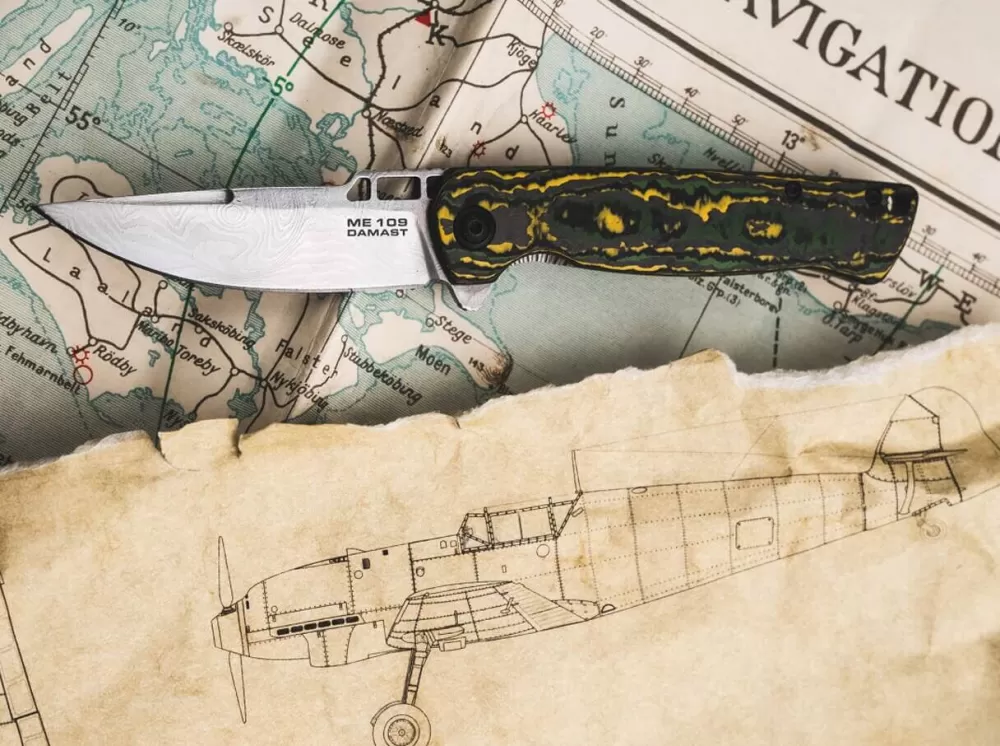
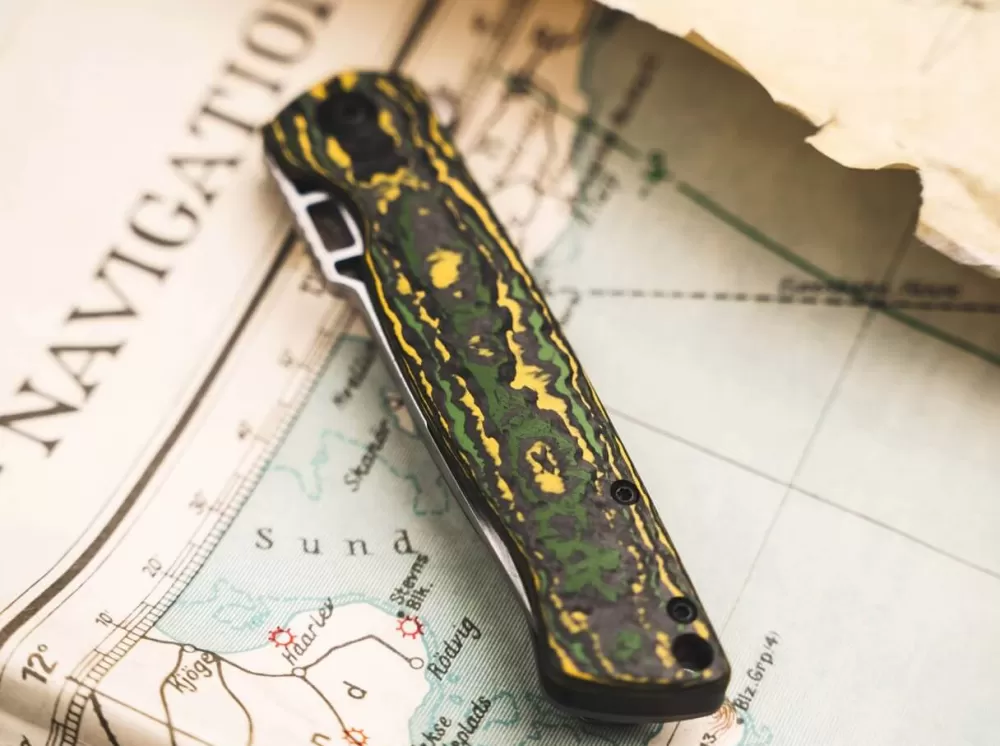
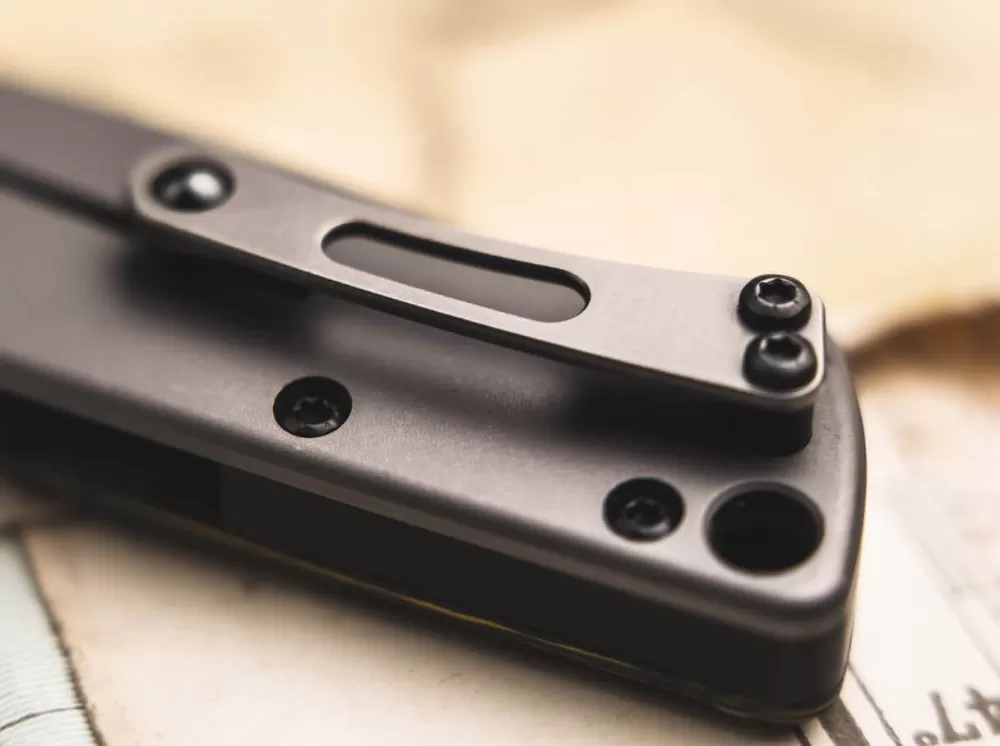
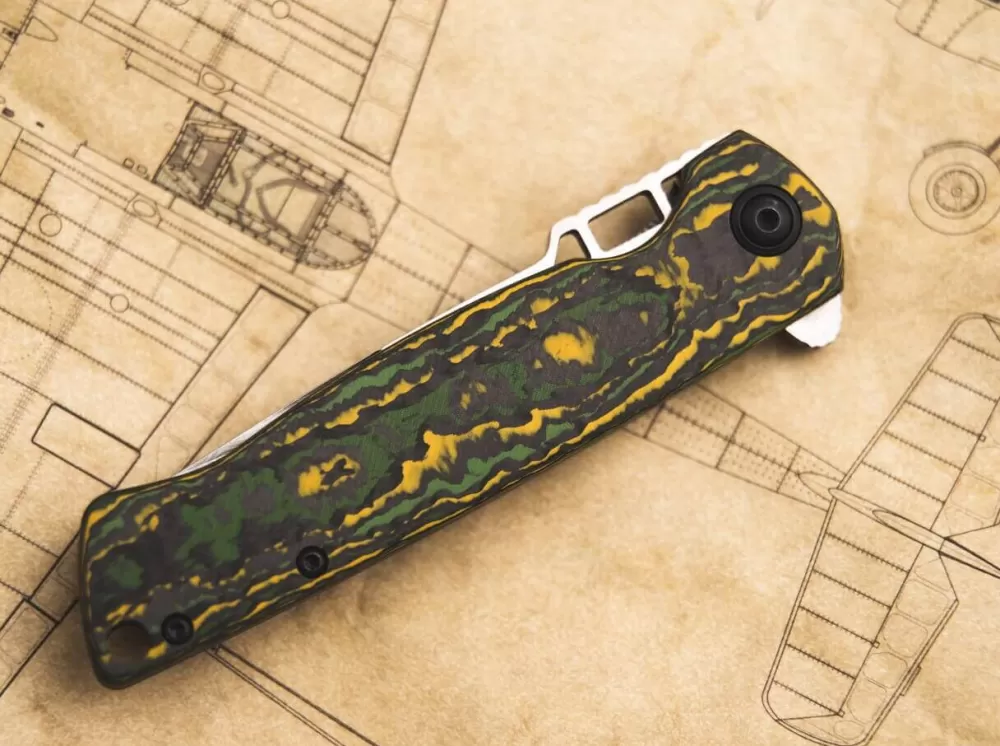
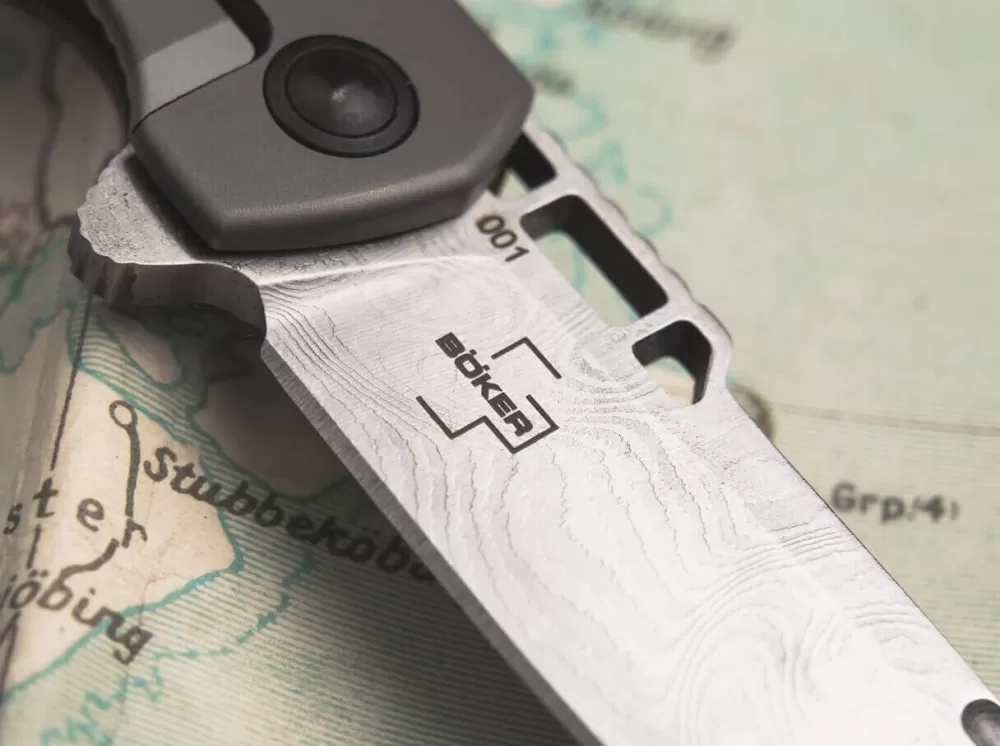
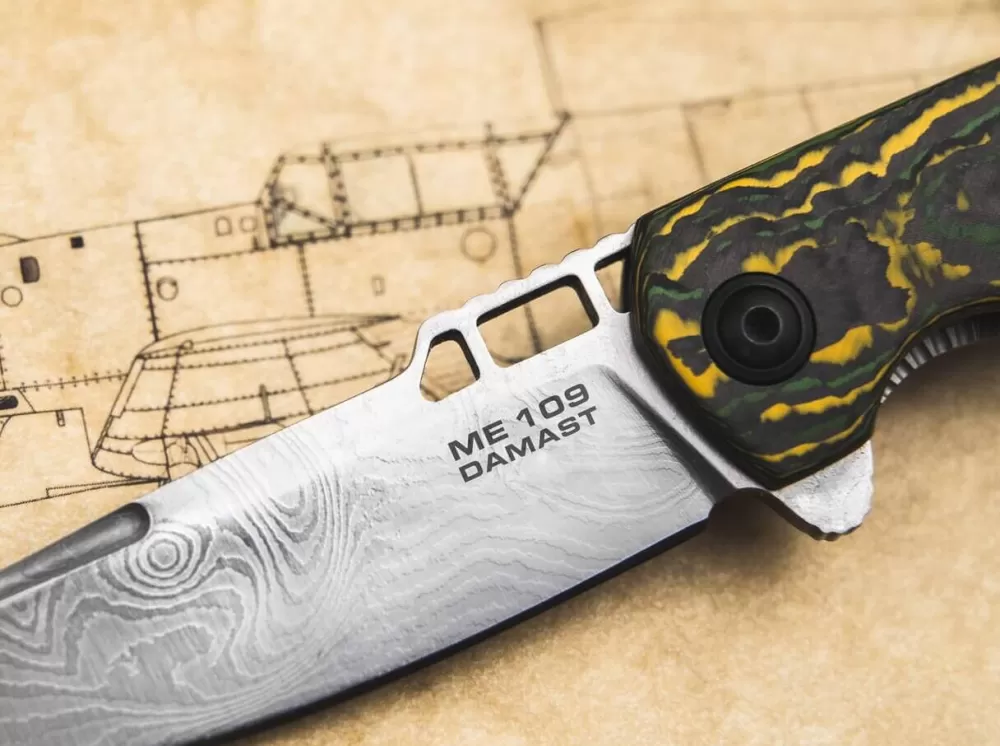
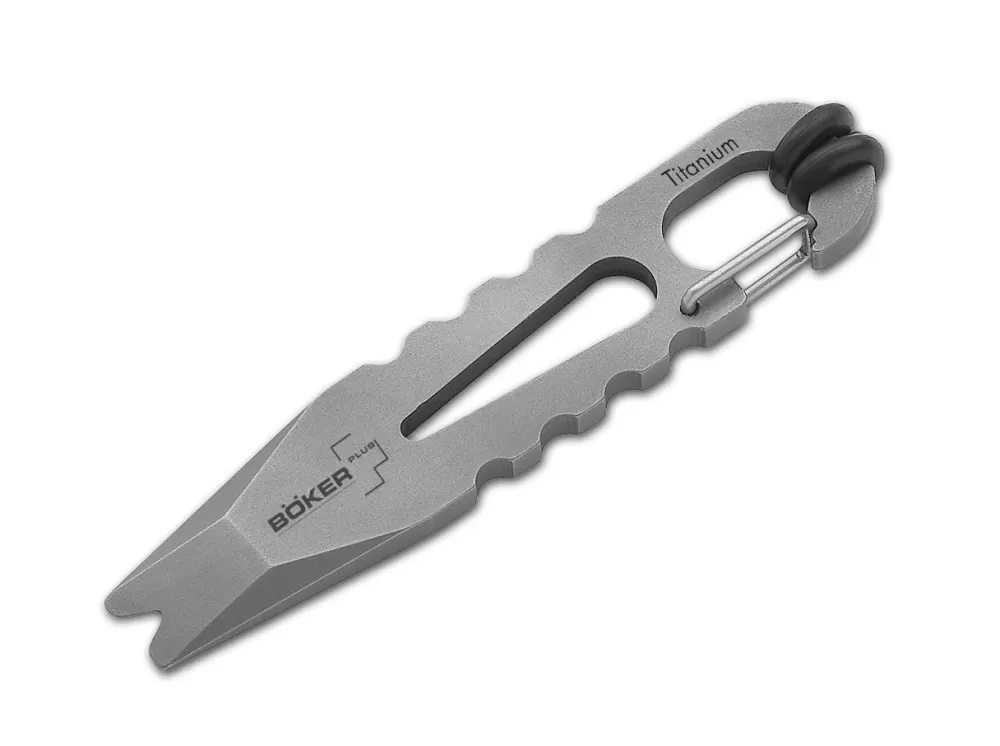
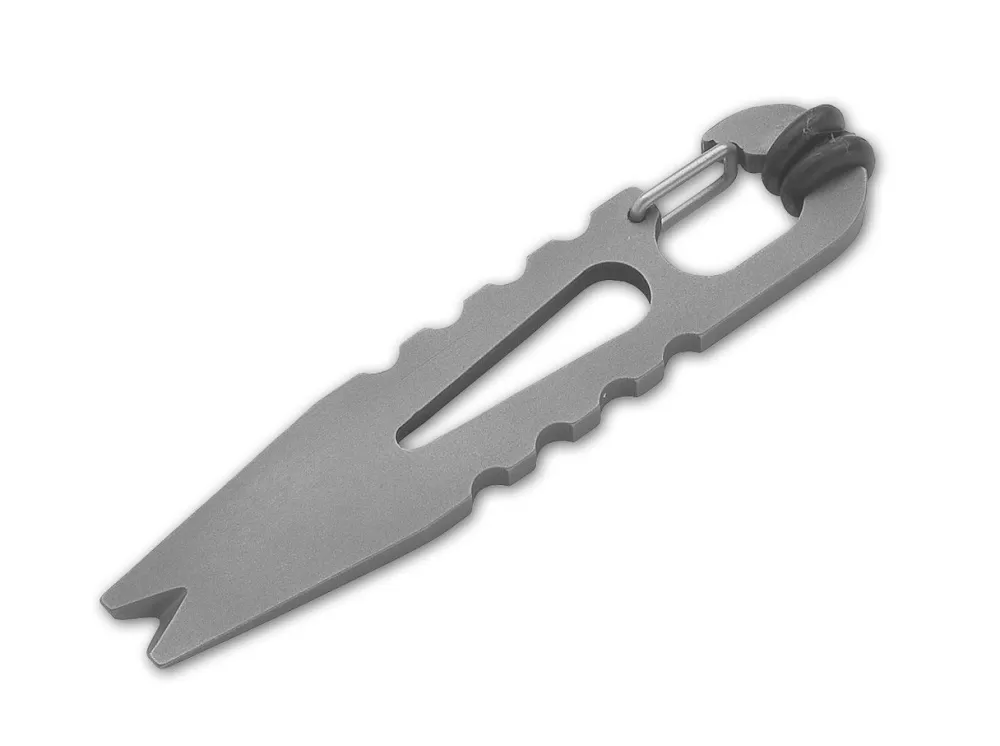
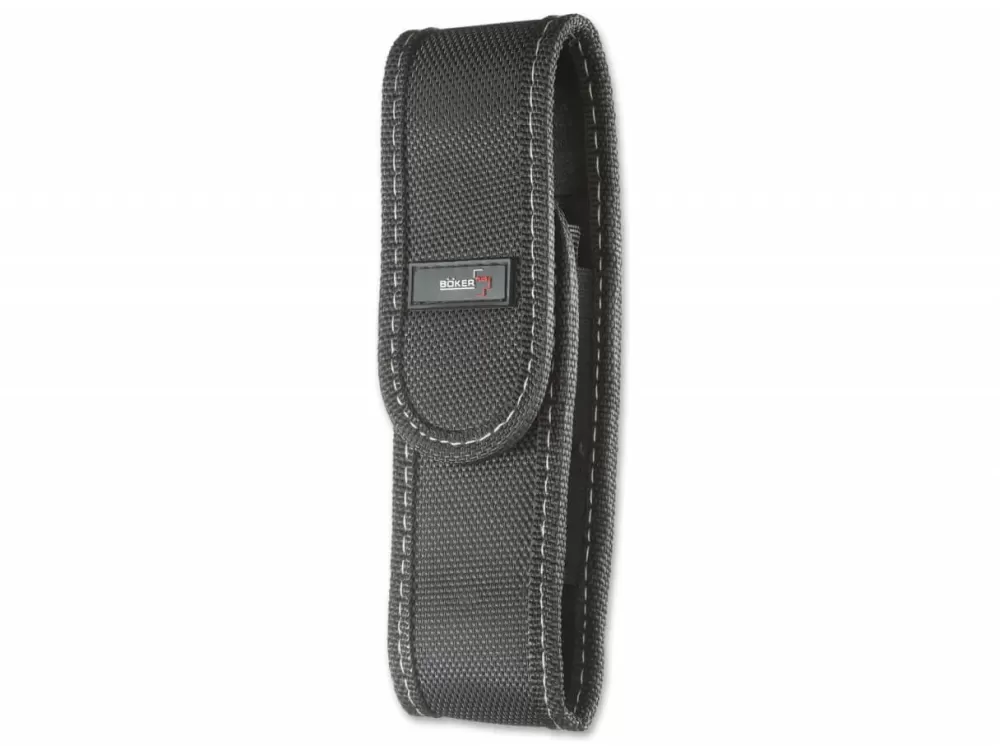
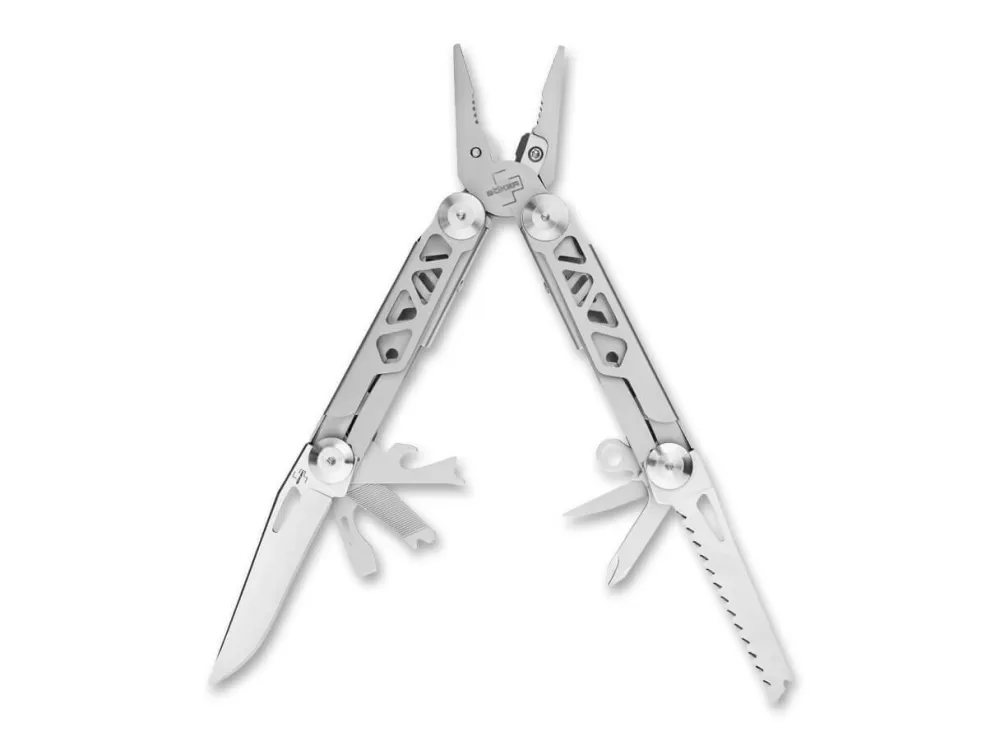
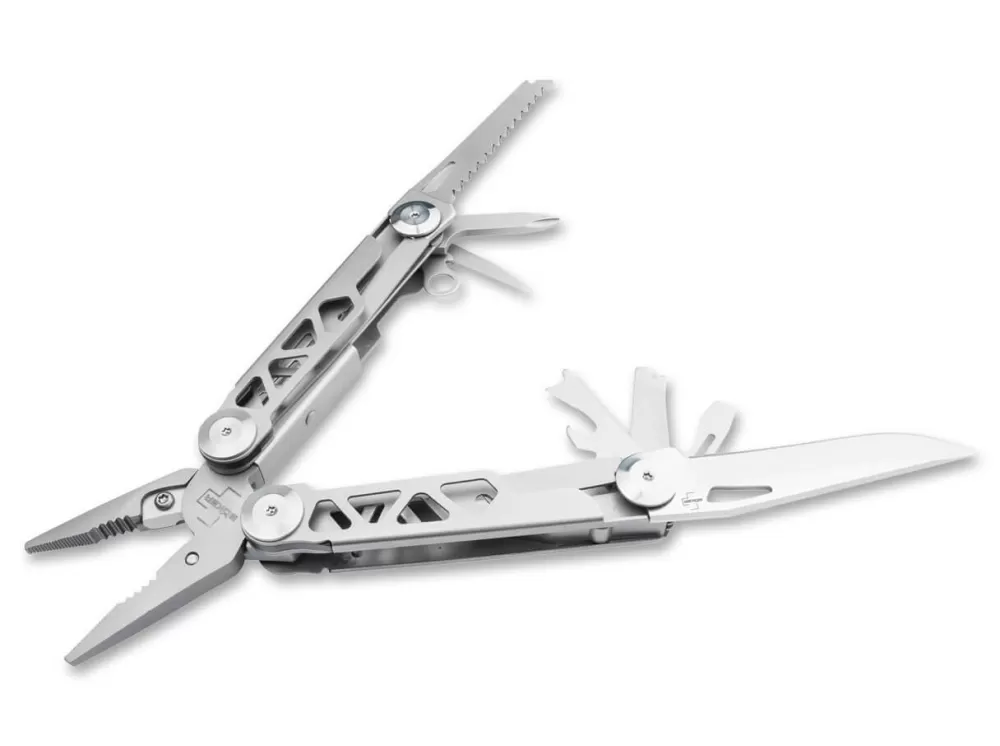
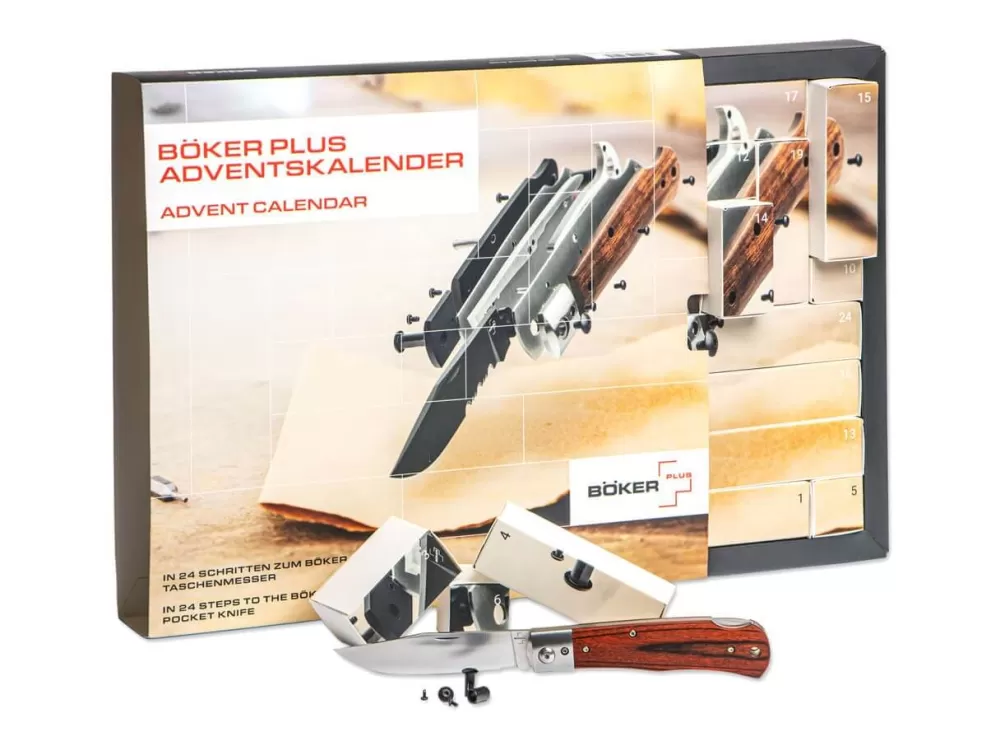
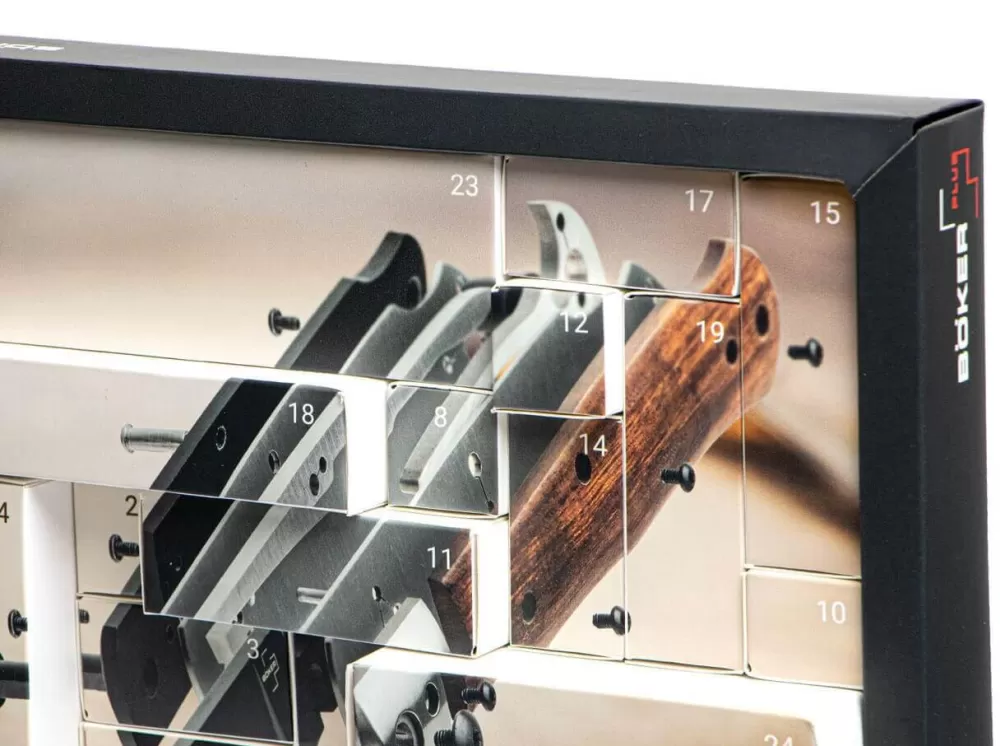
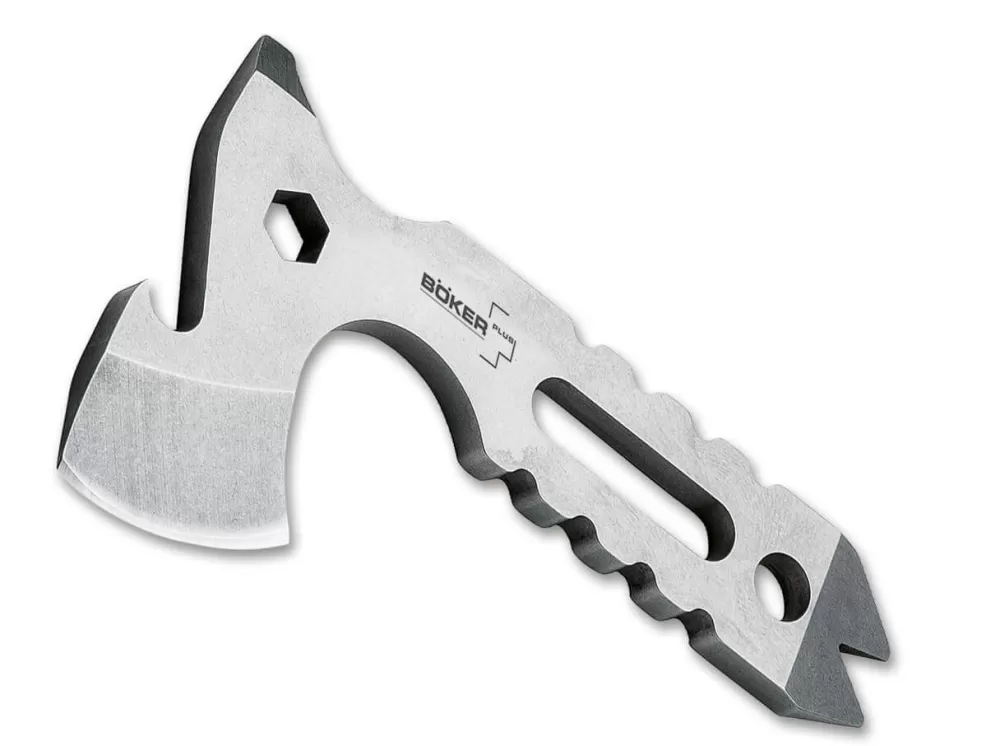
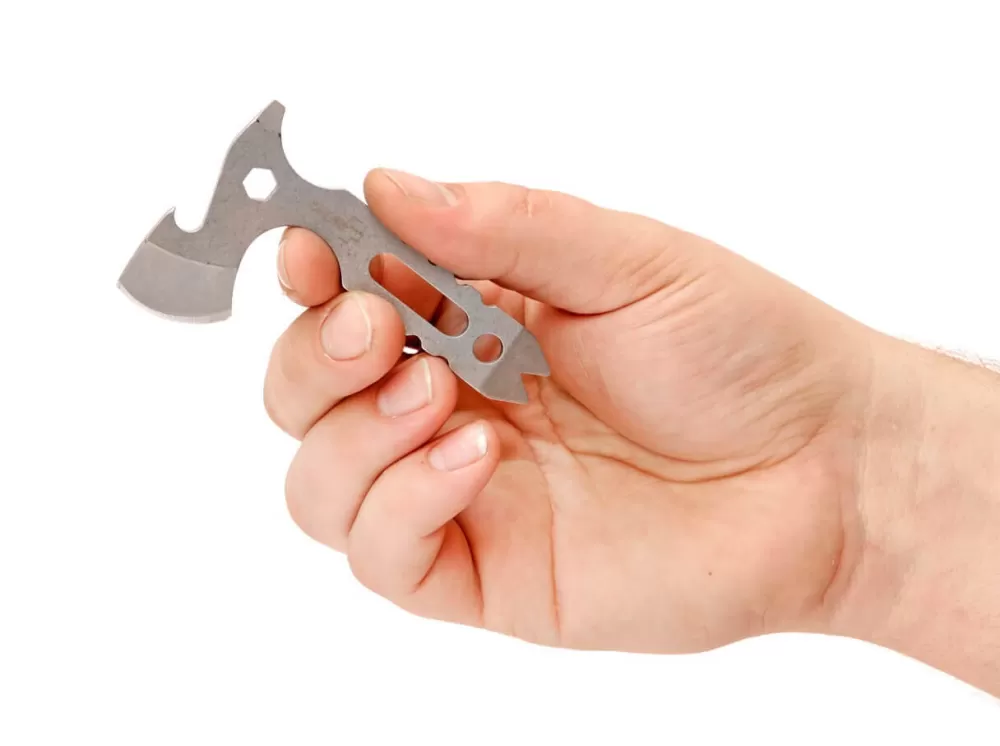
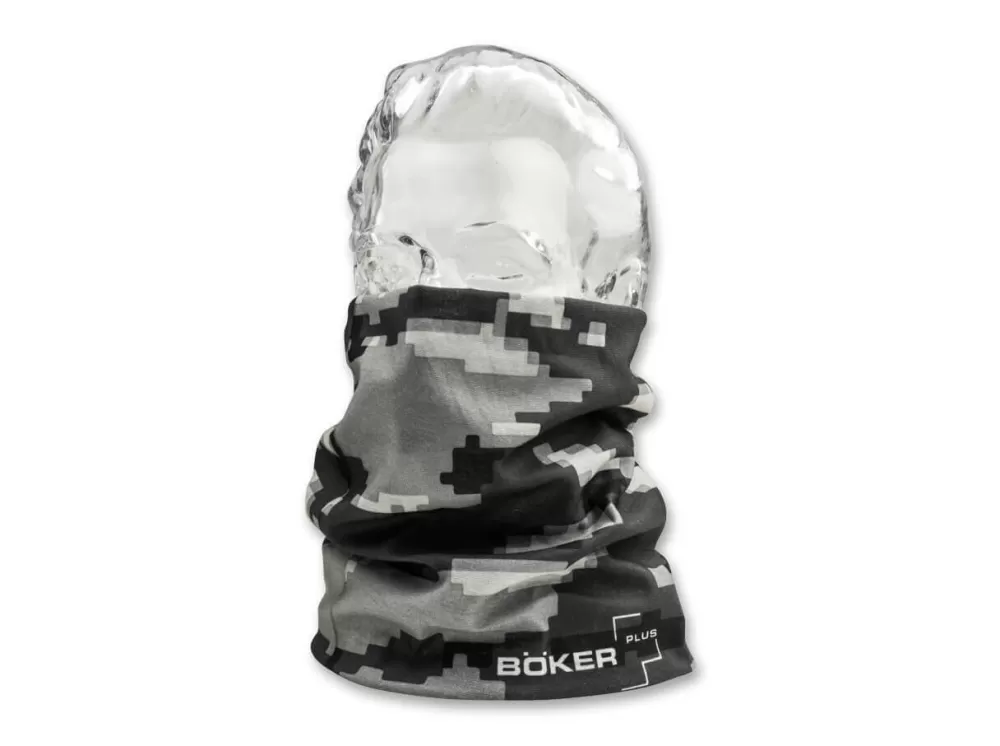
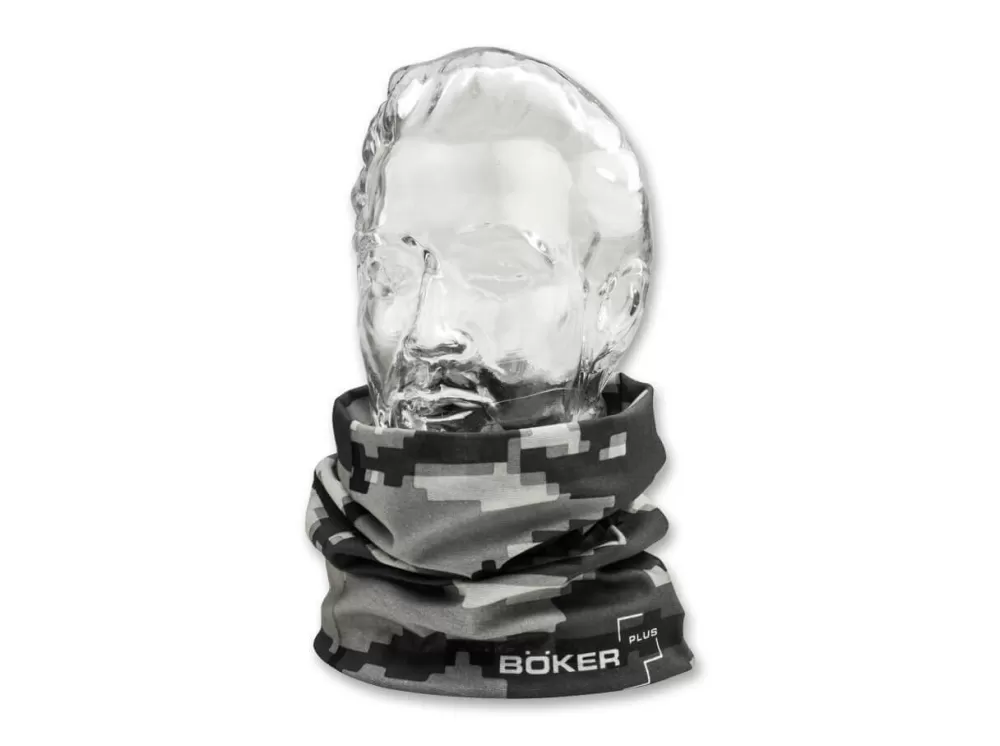
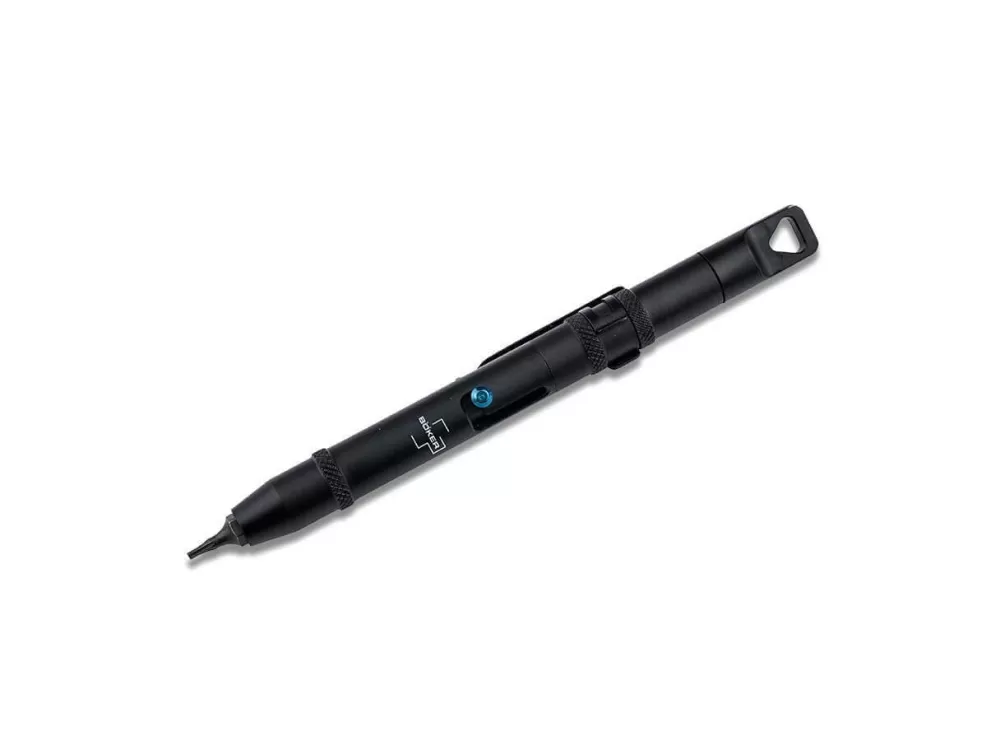
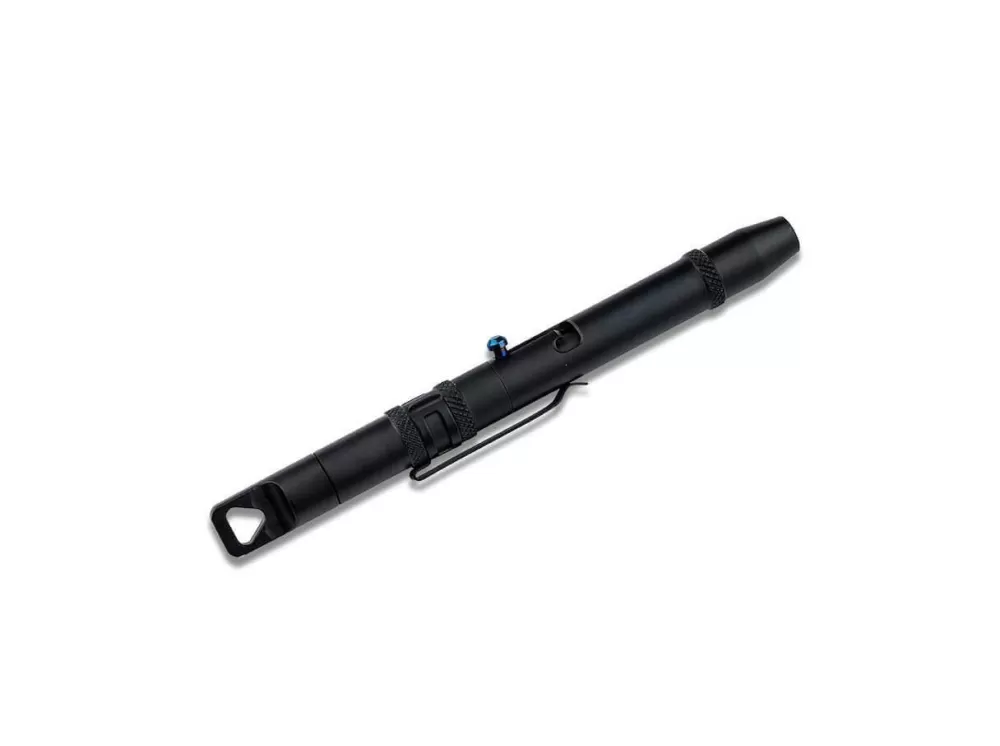
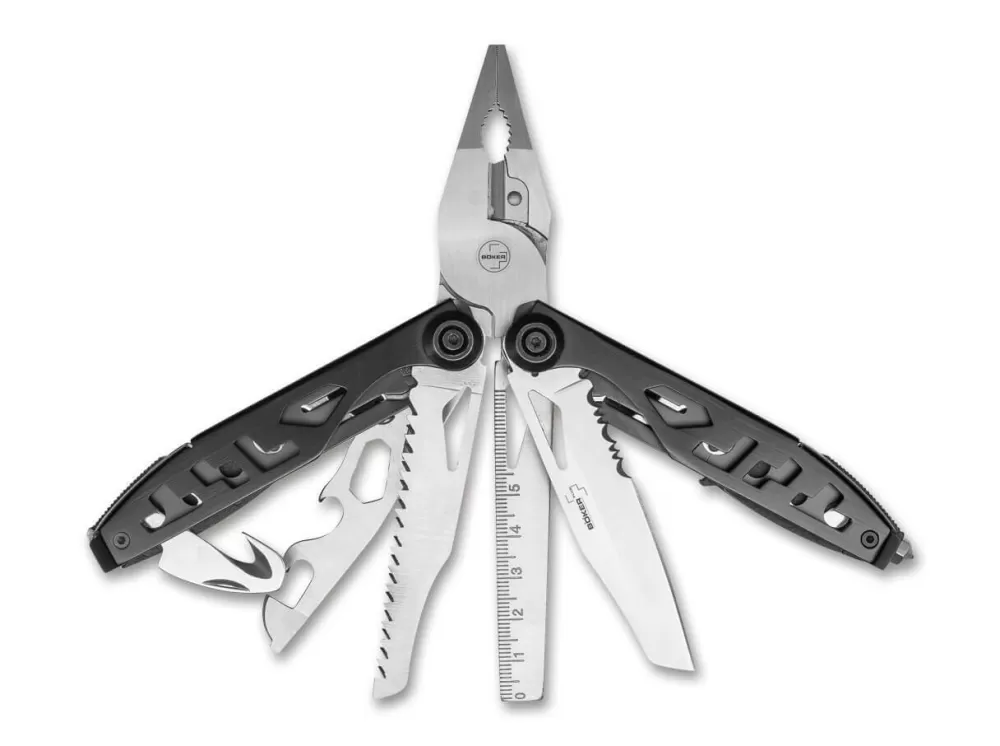
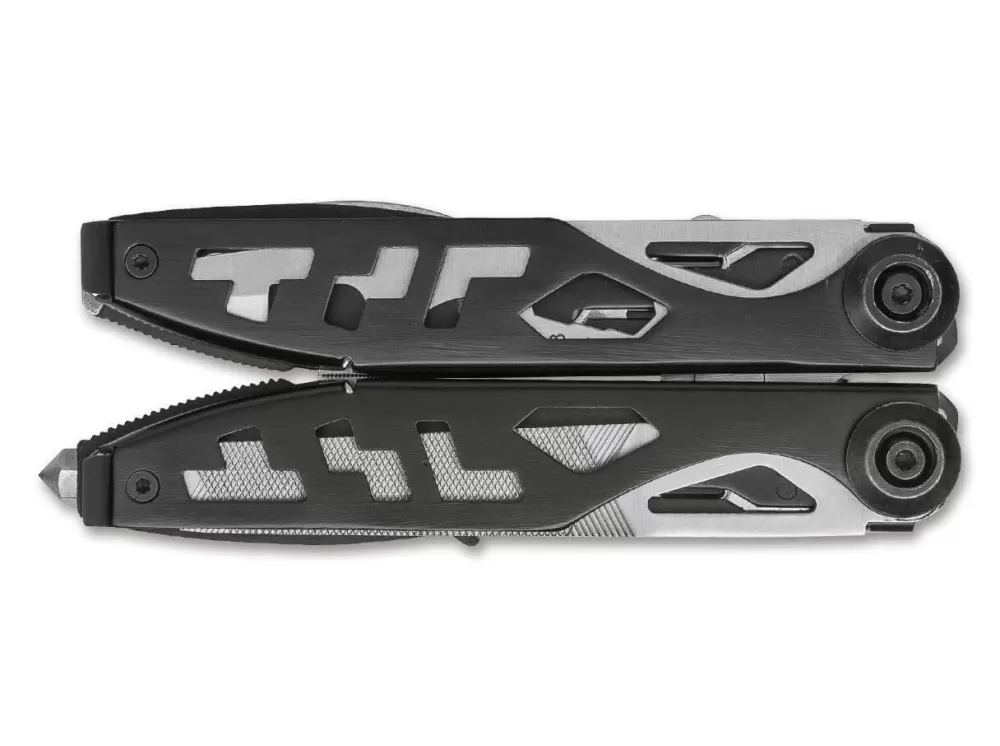
Reviews
There are no reviews yet.